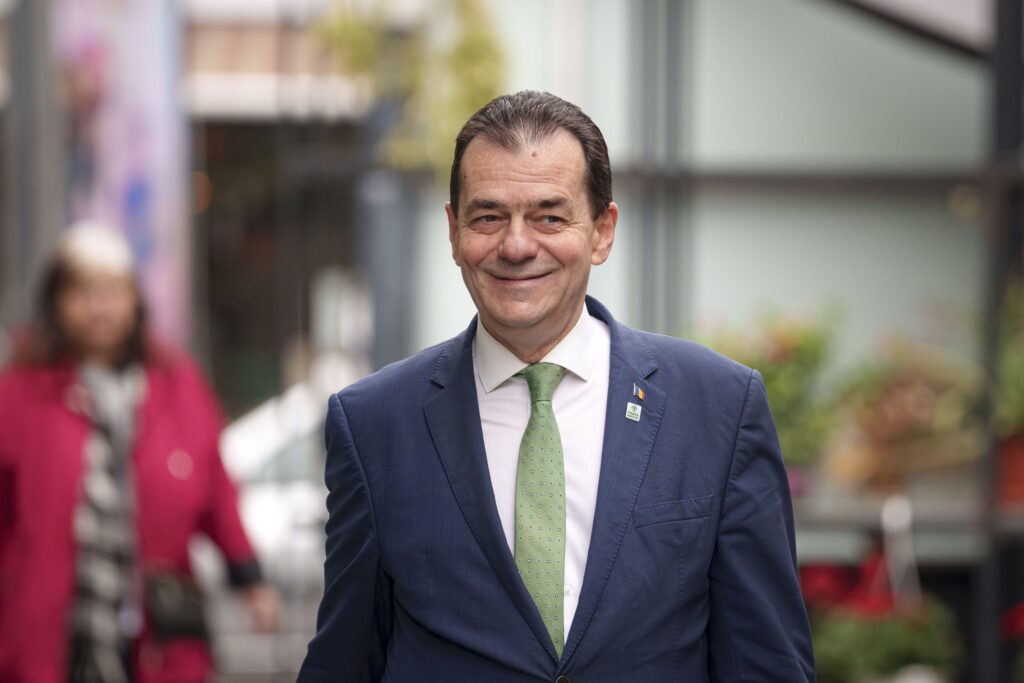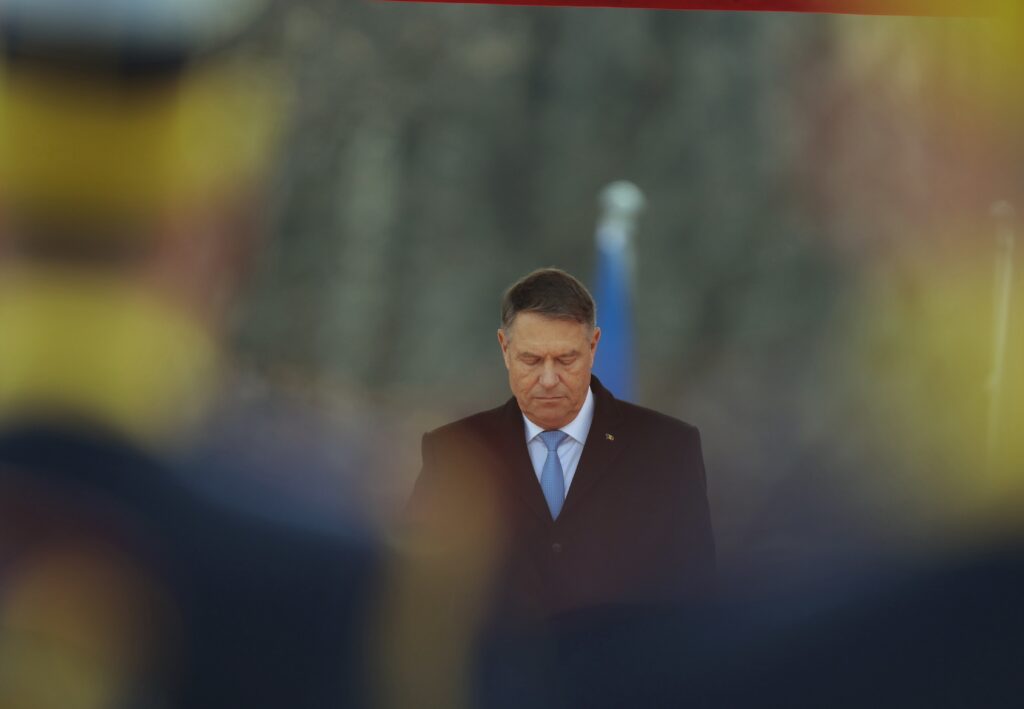Ludovic Orban, the new advisor to President Nicușor Dan, is a long-time critic of the SRI. Before becoming prime minister, the former liberal leader repeatedly accused individuals working in the main intelligence agency of getting involved in political life, trying to influence and shape the decisions of those in public office.
Shortly after being appointed to the new position, the former Prime Minister of Romania during the pandemic made a series of statements regarding the relationship between the presidential institution and the SRI.
„…those proposed (by the president) to lead the services must be individuals with whom he can collaborate, in whom he can trust, and who must lead the intelligence services towards achieving the established objectives…,” stated Ludovic Orban in an interview with Euronews.
"...on the other hand, the president must somehow ensure support at the level of Parliament, in a coalition, I said, quite heterogeneous, where it is enough for one of the political parties not to support the candidate proposed by the head of state for there not to be a majority to validate the proposal," added the new presidential advisor.
According to Romanian legislation, the civilian directors of the SRI and SIE are nominated by the president and voted on in Parliament.

A New Vision for SRI
Two months ago, Nicușor Dan put forward two names within the governing coalition for the leadership of the two agencies, namely lawyer Gabriel Zbârcea for SRI and diplomat Marius Lazurca for SIE, according to political sources. However, there was a negative reaction to the nomination for SRI, and consultations between the president and the coalition were interrupted.
"...it is very serious that for three years we have not had an SRI director. Eduard Hellvig's resignation occurred during President Iohannis's term. And Iohannis had absolutely no reason not to appoint a new director because he had a parliamentary majority of PSD-PNL, comfortable in Parliament, and had no problem...," Ludovic Orban further stated.
In a new public intervention, the former prime minister says that it is necessary to extract the SRI, as well as other intelligence agencies, from political life, the judiciary, and the media, explaining the need for a new vision regarding the role and objectives of the secret services in Romania.

Constitutional Mechanisms
Two days after the presidential advisor's statements, Nicușor Dan publicly announced the two objectives that SRI has set for this term: effective defense against Russia's hybrid attacks on all levels of action and the service's involvement in the process of combating corruption by resuming the transfer of relevant information to prosecutors.
Premiere Decisions
By analyzing the messages coming from the Cotroceni Palace, for the first time, the setting of objectives for SRI that are made known to the general public can be observed, something that has never happened since 1990.
The relationship between the president and the intelligence agencies has traditionally been opaque, kept away from the public, leading to a whole series of suspicions, conspiracy theories, and the emergence of chronic distrust in the secret services in Romania.
...the president must take into account when formulating proposals for SRI and SIE the positions of the coalition parties so that there is no reason for them to be rejected by the parties...
Ludovic Orban, presidential advisor
Another decision, also unprecedented, is the accountability of SRI regarding Russia's actions carried out on Romanian territory.
The Kremlin's influence is widely spread in society, with many individuals being part of networks controlled by Moscow, operating in public institutions and agencies, as well as in companies and commercial entities.
Moreover, the decision to involve SRI again in an assault against corruption is a bold move, full of political risks, but one that can restore the confidence of a large part of the public opinion in authorities and the political system.
Regaining Trust
President Nicușor Dan promised that the new National Defense Strategy includes all the elements listed above, and the document will be presented and debated in the Supreme Defense Council (CSAT) so that at the end of November it will be sent to Parliament for validation through a vote.
According to political sources, there is a possibility that negotiations for the appointment and support of the new directors of SRI and SIE, those who are to carry out important components of the country's new defense strategy, will take place in parallel.
The messages transmitted from the Cotroceni Palace in recent days mark, in fact, the beginning of a profound reform of the intelligence agencies as a result of the failure recorded last year when Romania was heavily destabilized by Russia's interference.
The reform has been demanded by a large part of the public opinion in recent years, but now it has become urgent and unavoidable, representing a political objective of both the country's president, the government, and a necessity for regaining the trust of Romania's strategic partners and allies.

